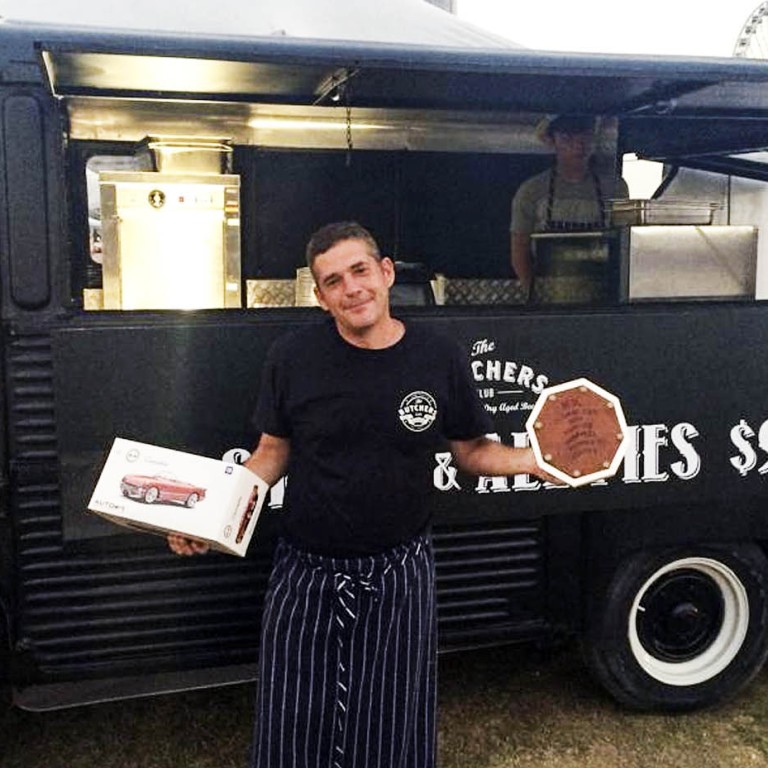
Hong Kong looks to US, Australia for lessons in managing food trucks
As the government explores the possibility of introducing food trucks onto city streets, it is looking into different approaches taken in various cosmopolitan cities, from which it hopes to learn best practices for regulating the trendy vendors.
A Legislative Council research paper to be discussed by its food safety and environmental hygiene panel on Tuesday afternoon identified Los Angeles, San Francisco, New York and Sydney as feasible foreign examples for the city to study. It said their regulations ranged from tightly controlled, as in the case of Sydney, to largely unrestrained, as in the case of Los Angeles.
Financial Secretary John Tsang Chun-wah proposed introducing food trucks in the city in his March budget as a way to add diversity to the local food scene. He said he was inspired by Chef, a feel-good American movie about a frustrated restaurant cook who finds success and a creative outlet with a food truck.
Secretary for Commerce and Economic Development Gregory So Kam-leung, who has been tasked with mapping out plans to implement the idea, told Legco earlier that he was now working with other relevant departments to study different overseas regulatory approaches in order to formulate a food truck policy suitable to Hong Kong. He said the trucks, initially at least, would only operate at designated locations.
It said cost would be the biggest factor for Hong Kong’s prospective operators. In the three US cities studied, estimated start-up costs for a food truck are in the range of HK$426,600 to HK$582,000. In Sydney, the estimated cost is HK$468,000 to HK$900,000.
While Taiwan, Singapore and Canada were part of the research, lack of dedicated regulation in the former and relatively stringent regimes in the latter two limited the development of food truck business in these places, the paper concluded.
Los Angeles has the most liberal regulation on where and when food trucks can operate, requiring only a business license and one-year public health permit subject to an annual fee, the paper said. It identified Los Angeles as the most successful at fostering food truck growth locally.
The few rules stipulate that food trucks cannot operate within 200 feet of certain parks but are allowed to operate in commercial areas and near restaurants at all times of the day.
“Los Angeles adopts a regulatory framework considered to be conducive to the development of food truck business in the city,” the paper read.
San Francisco and New York have slightly stricter rules, with San Francisco requiring additional permits from the planning, public works and fire departments and permits for vending at each specific public or private location.
New York requires licenses for preparing and selling food from a “permitted food truck”, allows vending only at specified locations and has a cap on the number of permits it issues for mobile food vending. This causes a long waiting list and black market for license transfers or rentals, the report said.
There are 2,400 food trucks operating in Los Angeles and 100 each in San Francisco and New York, the report said.
Sydney, which formally launched its food truck programme just last year, has created a licensing system for 50 trucks from last year and next year, with 20 already on the streets. Permits are needed for wastewater disposal, trade waste and street vending, while approvals are needed for truck design, structure and health hygiene from the city.
The United Kingdom was also studied but local councils had their own powers to decide whether to allow food truck operations in their jurisdictions.

